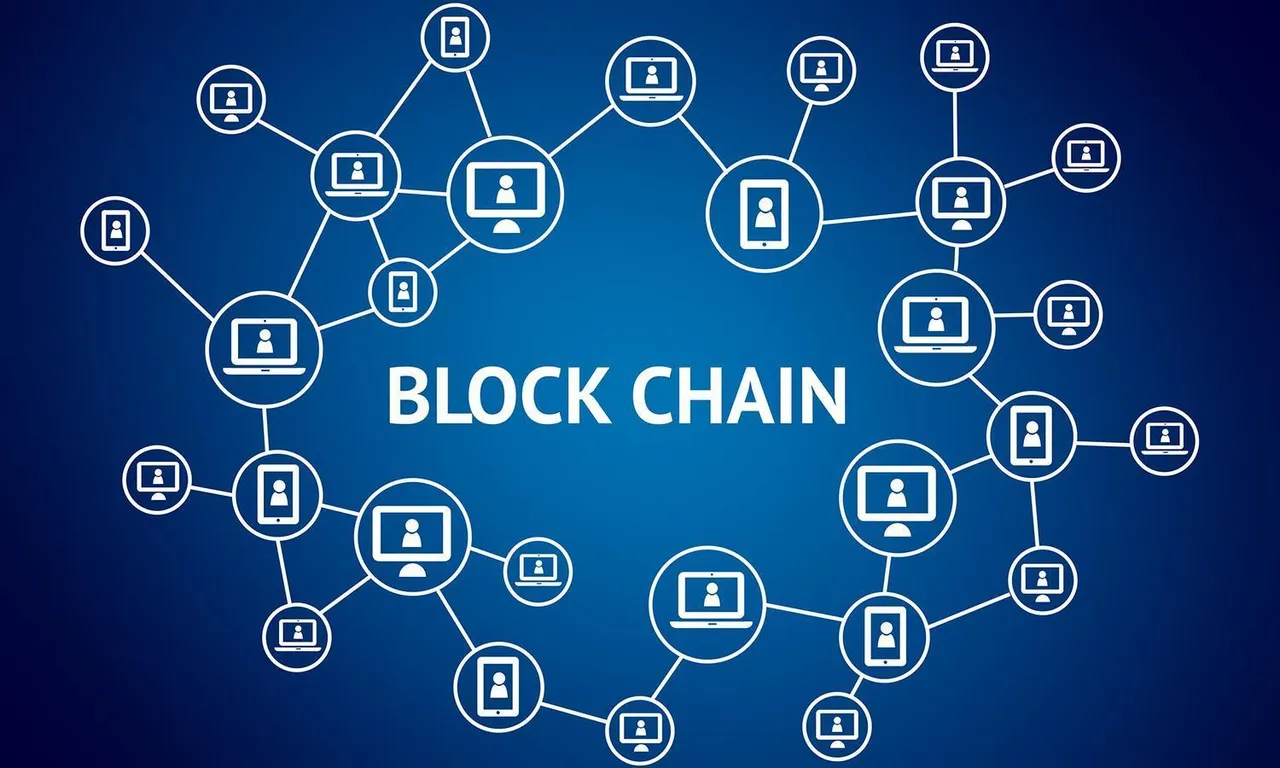
Bitcoin & Blockchain has caused a commotion in the banking world. It is only right to give discusses the prospects of blockchains and bitcoin with retrospect to Pakistani markets.
So what is blockchain?
While I was thinking of answering this question, I figured its important to define bitcoin first but then I realized that its important to touch this matter first so people get a better understanding what it is and why its important before getting into bitcoin.
Blockhain is a ledger. An empty ledger which keeps records on pages in our regular accounting terms which is time stamped and encrypted. For a the tech savy think of it as big database that is stores information in a distributed decentralized manner.
Oky So what is bitcoin and why is it less important then blockchain?
I believe that thinking that its more important then bitcoin might be a bit premature. We have to really deep dive into this to understand the what and the why. I will try not to get to technical on this and keep it simple for the average person to really understand the technology. Bitcoin was created by satoshi nakamoto it is simply a token on the blockchain which denotes its ownership to the person who holds the wallets public and private keys.
Now to touch on the fact why is it important. For this I think its very important to understand current banking structure. Banks use local central bank in this case State Bank Pakistan to clear and settle their inter day transactions. While most funds are held at head offices and transactions are done by physically delivery when settlements need to take place. Blockchain presents an interesting aspect where you can have a token and take ownership as when you work blockchains you dont really send or receive anything, the only thing that is happening is that ownership of the token is exchanging hands. Hence something that belonged to you now belongs to me. Once this happens a time-stamp is put on the ledger denoting the change of ownership. This is then verified by miners or ledger holders in a distributed manner so that all records are updated on all ledgers.
The one advantage this has is saving overhead costs of running a central server with a central point of failure. Banks and financial institutions are looking at this from the prospective of settling payments over a central permissioned / primisonless blockchain. However security for such chains will always be an issue. It imperative to note that bitcoin blockchain is the most secure open database in the world. You can use it to store records, transact it like funds or even just use it for means of trade. We have seen decentralized encrypted storage to validation of legal documents. Since if you want to hack the blockchain you will have to pretty much have to hack 51% of the entire systems running the bitcoin blockchain.
Enter Smart Contracts:
While smart contracts are new, they basically allow programming into the blockchains. These are still very new and not very secure. We can read up on Krypton hack and DAO hack over ethereum which is a smart contract based platform. These contracts can also be programmed over the bitcoin blockchain which makes it very powerfull. Something like rootstock, omni or counterparty allows you to that. What you can do with these have and endless possibilities and too long for discussion of this post.
Use Case:
The case that I really wanted to touch on was easypaisa, upaisa jazz cash and the likes of such. Like M-Pesa in Kenya, these mobile branchless banking services have helped cater an unbanked sector of Pakistan. While it is still very new, its catering to people who dont have access to bank in their home town. The design is such that they sign up merchants which could be a local store in any locality and allow them to cash in cash out money from a near by store rather then a bank. Pakistan having a banking penetration of around 16% only has seen its growth due to the introduction of such services. We have seen additional 4% now using the easypaisa type services in Pakistan.
The problem with this type of setup is overhead costs. The servers are subject to frequent breakdowns, in addition a hack could result in a catastrophic event on the micro finance bank offering this type of service. Shifting to a blockchain based setup and implementing a smart contract based token over bitcoin blockchain could result in using the most secure distributed database in the world with no point of central failure. The transactions will happen over the bitcoin blockchain without the need of a central server.
A private blockchain or a public permissioned blockchain can also be implemented which will require all agents of the network become custodians of the blockchain. The overheads of this type of setup while less secure is still very cheap as a simple $35 raspberry pi could even handle the entire node(or ledger at a local agent level). You could also implement this in a way where your local transactions are happening on the local chain but at the same time you allow remittance over bitcoin on your local network. This could in turn save millions to the local financial service providers while enabling a 24/7 network. I have tried to keep this article as close to explaining in English as possible. The technology implementation may not be as easy but can be done depending on what methodology is chosen at time of implementation.